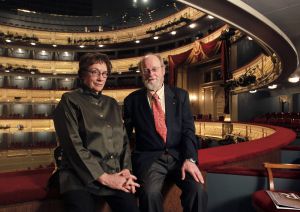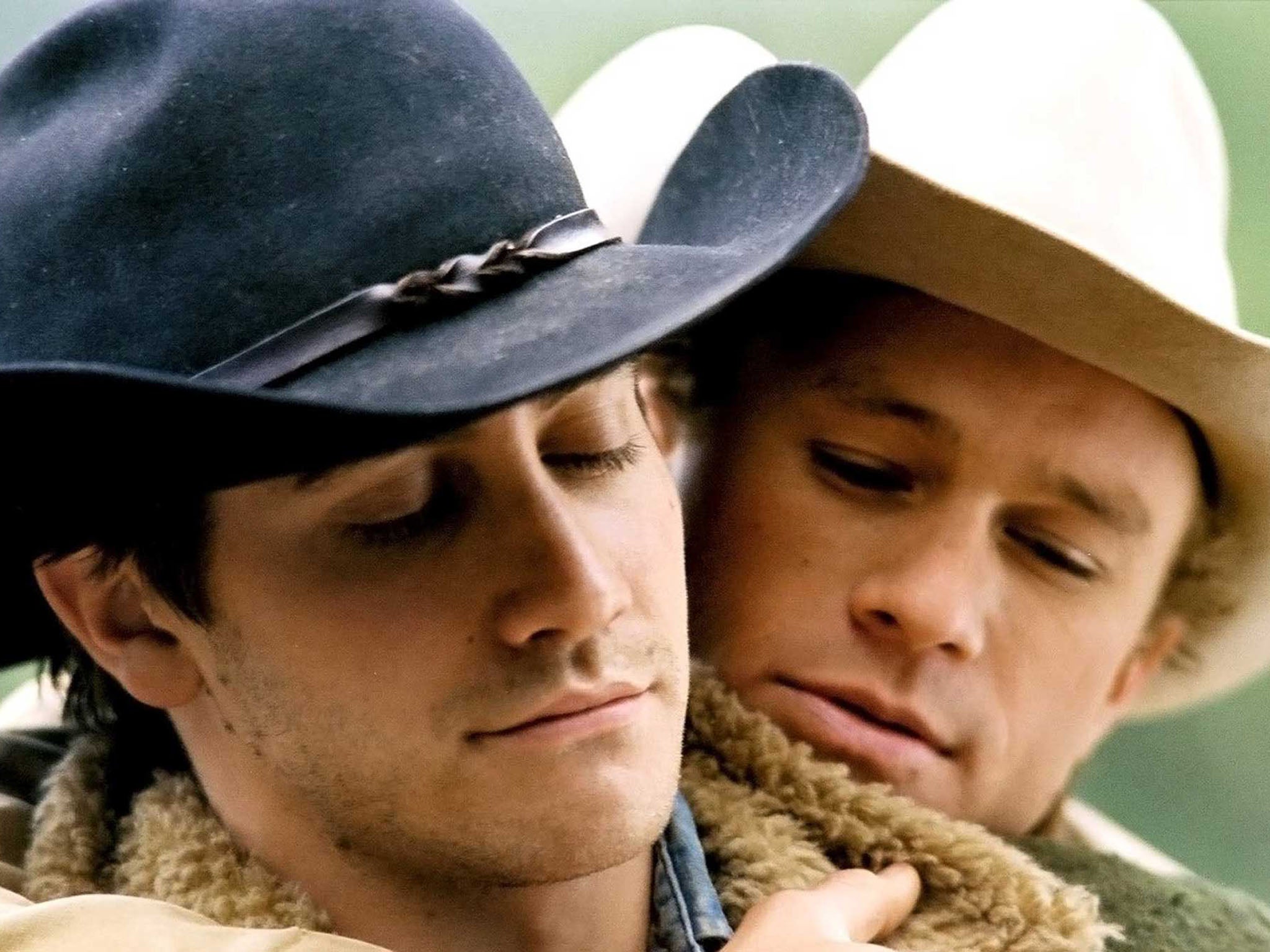
So I had apprehensions about the film, although the fact that Ang Lee was directing soothed me somewhat.

But in ‘Brokeback Mountain’, you just love these two men. Annie Proulx often creates characters who are not all that likable, but you end up loving them in spite of yourself. A lot of her stories have that sucker-punch feel to them, but this one even more so. I was nervous to see the movie, because I had originally read the story in The New Yorker (any time I see Annie Proulx’s name ANYwhere, I’ll read it … I’d read her grocery list) and it made me cry. The men’s unlived lives, their unspent passions, are desolately evoked.Close Range : Wyoming Stories, by Annie Proulx – excerpt from the story ‘Brokeback Mountain’.įirst published in The New Yorker in 1997, ‘Brokeback Mountain’ of course went on to be her most famous short story ever, due to the movie and the brou-haha around the movie (which I loved). The play’s ending is stark, leaving our sobs stuck, dry, in our throats. Yet still we cannot consign their story to the past at a moment in America in which the “ don’t say gay” bill is gaining traction. “I’m not no queer,” says Ennis, Jack quickly echoing him, and we see how the denials are necessary for survival, in their time.

Then there is Ennis’s wife, Alma (Emily Fairn), who captures the impact of closeted male homosexuality on the women caught within its doubleness. This is the play’s only dud note, the older figure is too evidently a device and spare part. Staged as a memory play, it features an older Ennis (Paul Hickey), as grizzled as he is at the start of Proulx’s story. It retains an innocence and tenderness all the way through, even in spite of the unspoken dissatisfaction they come to feel, and both actors are compelling, Faist especially so as the ebullient Jack, while Hedges is more melancholic as Ennis, too scared to risk a fuller life with Jack, and full of regret for it. The passion never really burns up the stage but their chemistry comes alive as boyish romance, with play fighting and suddenly grabbing ardour.

Hedges and Faist take some time to warm up: they have the look of Abercrombie & Fitch models, topless in denims and suede boots, and the sexual interest is initially delivered in coy, cursory glances. The story begins in 1963 in a state so homophobic it was life-threatening to be openly gay. Building atmosphere and charge … Eddi Reader as the Balladeer.


 0 kommentar(er)
0 kommentar(er)
